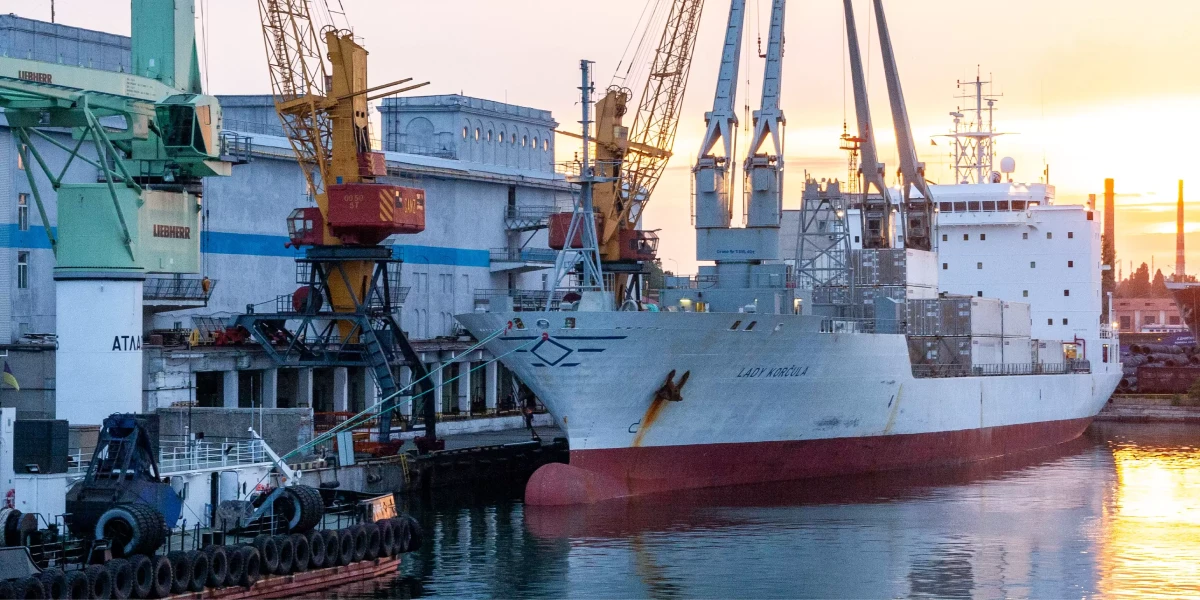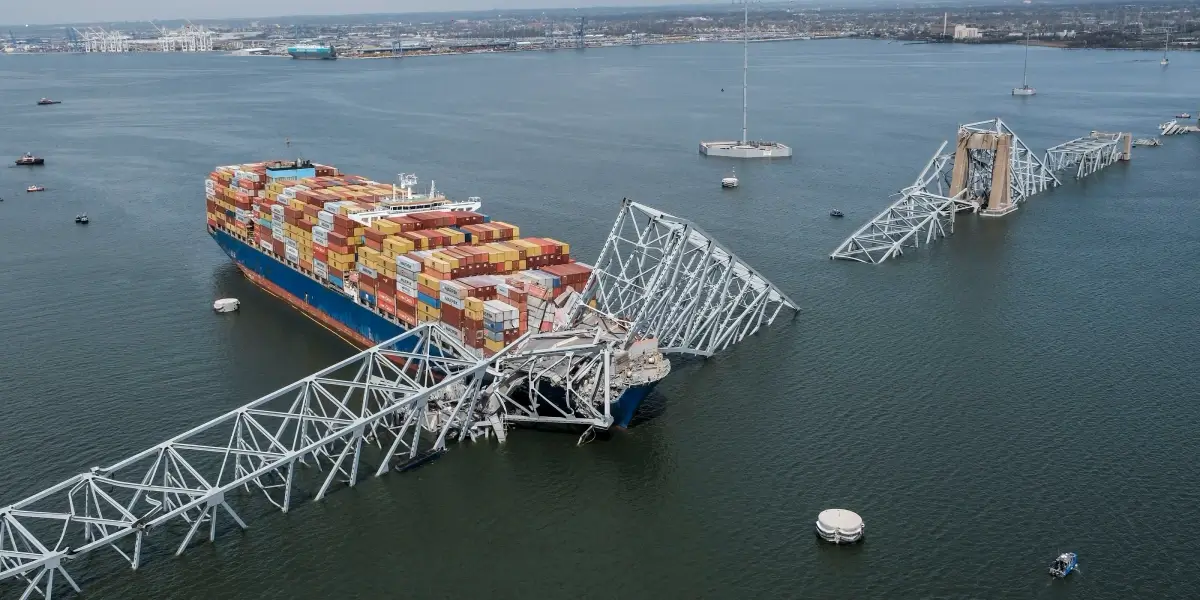On February 24, 2022, Russia launched a full-scale invasion of Ukraine, leading to devastating economic implications for both countries. In retaliation to Russia's actions, various nations around the globe have imposed heavy economic sanctions against Russia. This led to port closures across some of the key Ukrainian ports in the Black Sea, with many carriers opting in to skip port sailings via those ports.
How does this affect your supply chain?
The Port of Odesa in Ukraine has been shut down due to the ongoing conflict. We’ve noticed a number of cargo vessels en route via Ukraine are now being scheduled for an early discharge in Port Said and Korfez. This in turn may lead to a potential congestion spillover effect into the nearby ports of calling as more vessels will be scheduled for discharge at the nearby ports.
While Ukraine ports are shut due to the military conflict, Russian maritime industry is being hit with the ever-evolving list of sanctions and restrictions on ocean shipments travelling via Russian ports. We see multiple ocean carriers (including Maersk, MSC and Hapag Lloyd) temporarily suspend all the future bookings to/from Russia, with exemption of booking of foodstuffs, medical and humanitarian goods.
Countries such as the US, Canada, and the UK are further considering the proposal to ban any vessel “owned, controlled, chartered or operated by any person connected with Russia” entering their ports.
Our team at Portcast has compiled a list of container, reefer, and general cargo vessels that were scheduled to sail via the Russian and Ukrainian ports in the next 30 days. For shippers that have their container(s) en-route to one of those ports, we recommend:
- Calling their carrier/agent and requesting the change of destination (COD). Some of the carriers are offering free of charge arrangements in light of the recent event;
- Considering using alternative means of transport, wherever air or rail transport is an option;
- Factoring in any potential congestion building up at the nearby ports that could be used for early discharge or COD;
- Being proactive in responding and monitoring for any delays and detention of cargo by customs authorities across various transhipment hubs.







